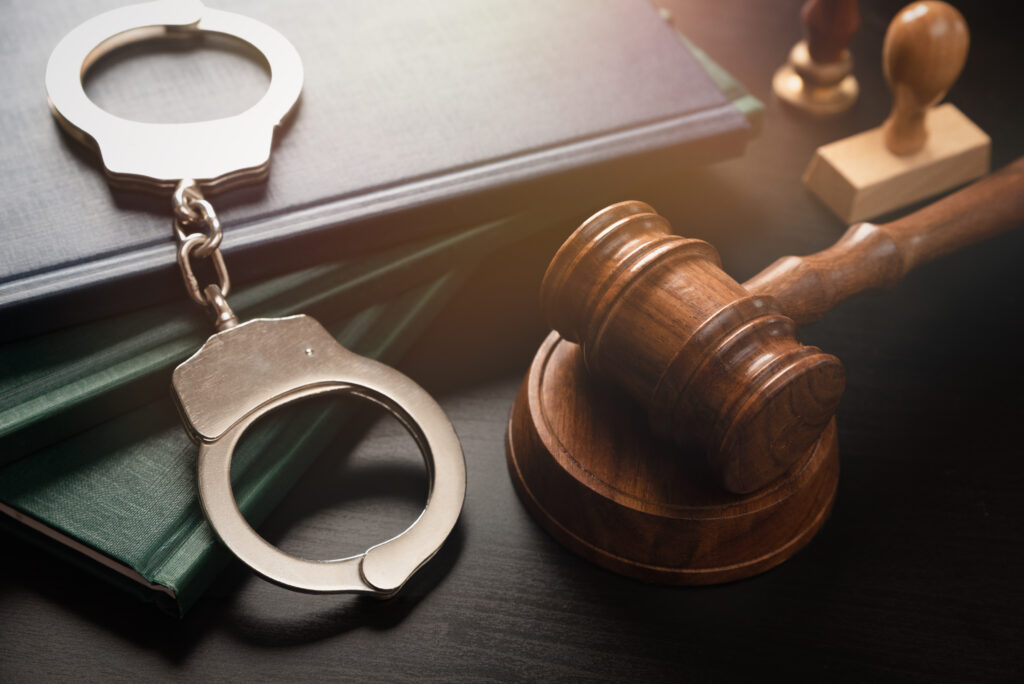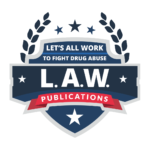
Research
2024 | Fall
Have you Considered the Opposite?
A Debiasing Strategy for Judgment in Criminal Investigations
Ivar Fahsing, AsbjØrn Rachlew, and Lennart May
Research
2024 | Fall
Have you Considered the Opposite?
A Debiasing Strategy for Judgment in Criminal Investigations

Ivar Fahsing, AsbjØrn Rachlew, and Lennart May
Individuals investigating serious criminal offenses are exposed to extreme levels of stimuli that can be distracting and overwhelming. When individuals are placed in high stress events, the brain employs heuristics and cognitive biases to enable them to efficiently process these events and their observations.
Criminal investigations are hypothesis-driven processes in which all the alternatives must be identified, formulated, and tested. If an investigation is based upon a biased hypothesis, it can have a variety of consequences. For example, officers may not diligently search and obtain evidence that could provide a non-criminal explanation, innocent persons could be wrongfully convicted, or the actual offender may not be identified or arrested. In any of these scenarios, there could be a failure to hold the offender accountable and provide justice for the victim.
This study is based on a concept of considering alternative hypotheses as a strategy to mitigate cognitive biases from affecting a criminal investigation. Few studies have been conducted to develop and test strategies to reduce individual’s biases from impacting an investigation. Those that have been conducted have faced methodological limitations or were not practical in the field.
To evaluate the ‘consider-the-opposite’ strategy, this study utilized a group of 100 police cadets from a police university in Eastern Asia. Participants were divided into two groups and directed to read a real-life missing person scenario that provided incomplete information but may have resulted from a crime. One group was asked to “write down all relevant investigative hypotheses concerning the case that a good detective should consider, based on the information” that was provided. The second group was instructed to “carefully consider and test all possible explanations.” Specifically, the second group were directed to:
- Read the case material and identify if there were reasonable grounds for suspecting any potential crimes. If so, write these down.
- Consider if information in the case allows for any non-criminal alternatives and write them down.
- Repeat the process several times.
When the responses from the two groups were compared, it was determined the second group created statistically significant more ‘gold standard investigative hypothesis’ as well as more statistically significant non-criminal hypotheses.
In closing, the authors noted “considering-the-opposite” strategy is one of the most promising investigative strategies to ensure investigations overcome biases. As a result, prosecutors are better able to meet the established standard of ‘guilty beyond a reasonable doubt’ by demonstrating alternatives cannot be proven.
1 Citaton one goes here
2. Citation two goes here

Ivar A. Fahsing

AsbjØrn Rachlew

Lennart May
A Debiasing Strategy for Judgment in Criminal Investigation”, The Police Journal: Theory, Practice, and Principles, 2023, Vol. 96, (1), 45-60.

Natalie Sellars
Natalie Sellars has served as a Senior Law Enforcement Risk Consultant with Local Government Risk Management Services (LGRMS) for the past 10 years. She holds a Bachelor of Arts in Criminal Justice from Augusta State University and a Master of Arts in Criminal Justice from Troy University. Previously she served as a parole officer, academy instructor, and Assistant Chief with the Georgia State Board of Pardons and Paroles.











